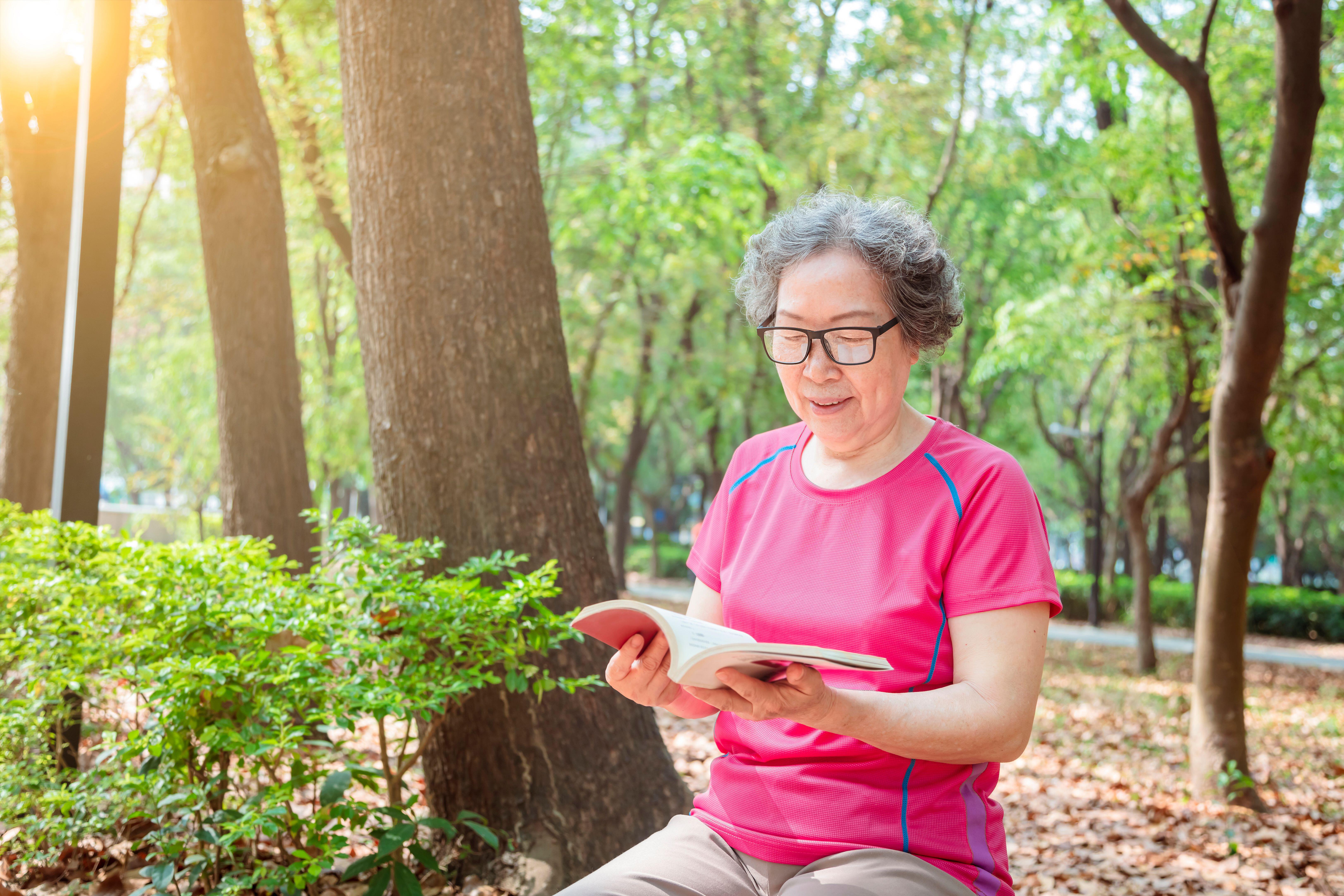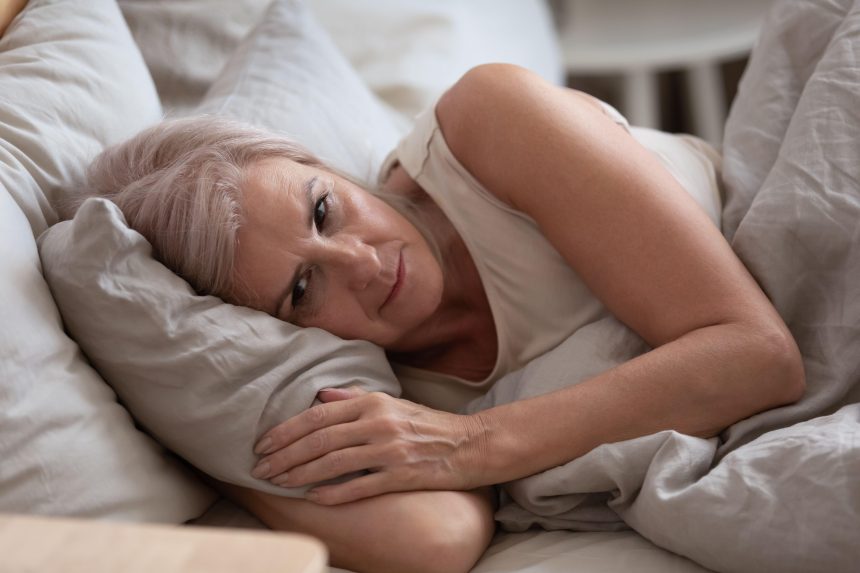Your support helps us to tell the story
From reproductive rights to climate change to Big Tech, The Independent is on the ground when the story is developing. Whether it’s investigating the financials of Elon Musk’s pro-Trump PAC or producing our latest documentary, ‘The A Word’, which shines a light on the American women fighting for reproductive rights, we know how important it is to parse out the facts from the messaging.
At such a critical moment in US history, we need reporters on the ground. Your donation allows us to keep sending journalists to speak to both sides of the story.
The Independent is trusted by Americans across the entire political spectrum. And unlike many other quality news outlets, we choose not to lock Americans out of our reporting and analysis with paywalls. We believe quality journalism should be available to everyone, paid for by those who can afford it.
Your support makes all the difference.
Sleep patterns naturally change as we age, often leading to sleepless nights for those aged 60 and over.
This change can be challenging for a number of reasons, including feeling fatigued during the day, difficulty concentrating and increased stress.
We have spoken to some experts who have unpicked the main reasons behind sleepless nights later in life.
We have also listed some effective strategies to help you wake up feeling refreshed and revitalised.
What factors contribute towards sleep challenges in your 60s?
Discomfort
Many older adults tend to wake up more in the night due to discomfort.
“As we age, there are many more physical variables that come into play which can affect sleep, such as obstructive sleep apnoea and waking up to go to the toilet much more,” says Charlie Morley, sleep expert and author of Wake Up To Sleep. “And simply, for many over-60s, things just start to ache all over, all the time. An aching body is so much harder to relax into sleep.”
Sleep regulation
“We all have a body clock in our brain which sets the timing, and is also involved in keeping us asleep,” explains Dr Kat Lederle, sleep and circadian rhythm specialist at The London General Practice. “As we age, that clock isn’t as accurate as it used to be – which could mean the signal to stay asleep isn’t as strong anymore.”
Melatonin
We tend to produce less melatonin (the sleepy hormone) as we age, which can often lead to disrupted sleep patterns.
“There is variability between all of us. We have high producers [of melatonin] and low producers,” says Lederle. “But within a person, we do see as we get older, there is less melatonin output.
“The body clock is involved in setting the timing for melatonin to be released, so if it is not functioning as accurately anymore, that can play a role.”
Menopause
“Between 40-60% of women experience sleep disturbances during the menopause transition,” highlights Dr Naomi Potter, menopause specialist and founder of Menopause Care. “This is caused by a variety of factors such as oestrogen and progesterone loss, hot flushes, night sweats, mood changes, frequent trips to the bathroom, anxiety, and ageing.
“A study in 2017 found that around 25 per cent of menopausal women meet the criteria for an insomnia disorder.”
It’s also common for postmenopausal woman to experience sleep problems.
“Postmenopausal women have a higher risk of having sleep apnea, because of the lack of the hormones and the fluctuations,” explains Lederle. “Postmenopausal women have lower levels of progesterone, a hormone which helps with sleeping.”
Here are some tips to help overcome the sleepless nights
1. Adjust eating times
Maintaining regular meal times can positively affect your body clock, as food acts as a kind of time cue, says Lederle.
“For a good night’s sleep it’s also helpful if you stop eating three hours or even earlier before you go to bed,” adds Lederle. “Shortening your eating window also seems to have a positive impact on your overall health and sleep.”
2. Stick to a consistent bedtime
“Having a regular bedtime and regular wake up time is very important,” emphasises Lederle. “That doesn’t mean it needs to be 10pm bang on, but aim for within an hour or half an hour.”
3. Get outside during the day

Regular exposure to, ideally natural daylight, in the early hours of the morning helps reset our body clock.
“Older people, particularly those in care homes, tend to go outside less, and as we age our eyes and lenses change so less light gets through, particularly less blue light,” says Lederle. “And you want that blue light to tell your body clock, hey, daytime has started.
“If you get outside during the day then when it gets darker there is a stronger contrast. And that’s if there’s a stronger contrast, it’s easier for that ageing body clock to notice that there has been a change, whereas, if you’re inside all day, there isn’t much change on brightness levels.”
4. Be mindful about napping
“Having a 20 minute nap before three o’clock or so is generally fine, but if it’s longer and later, or more frequent napping in the day, then that can create a problem,” says Lederle.
5. Address pain where possible
“Look at whether pain or any other medical conditions, such as arthritis, may be impacting your sleep,” recommends Lederle. “Older people also often move less, due to pain, but we do need a level of movement in order to support our sleep.”
6. Wear warm socks to bed
“Older people may struggle to fall asleep if they have cold feet, so wearing warm bed socks or even washing the feet with warm water before going to bed can help warm up the skin which helps circulation,” advises Lederle.






